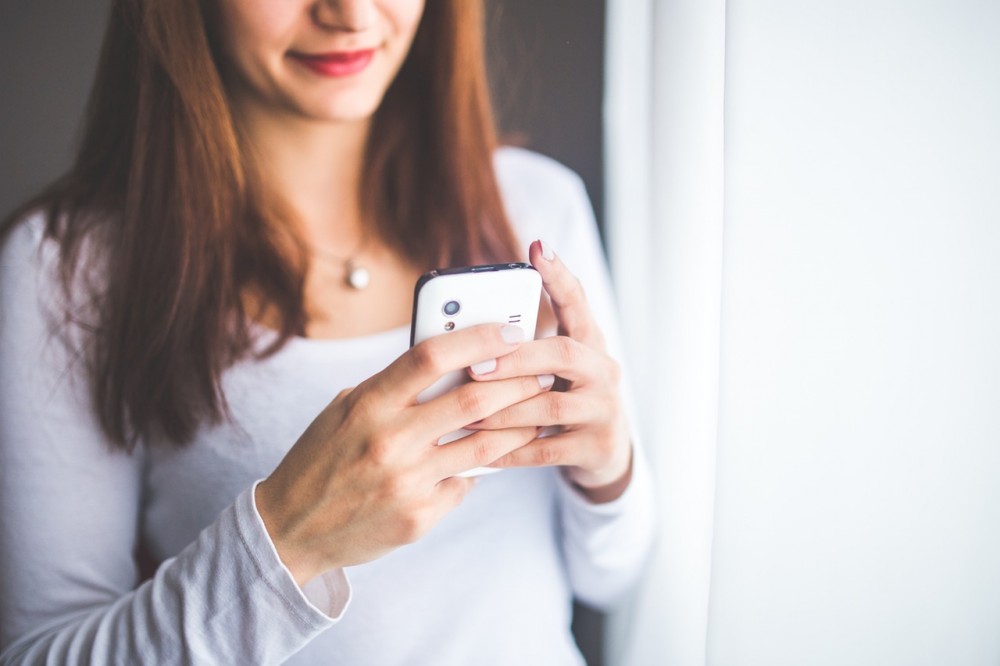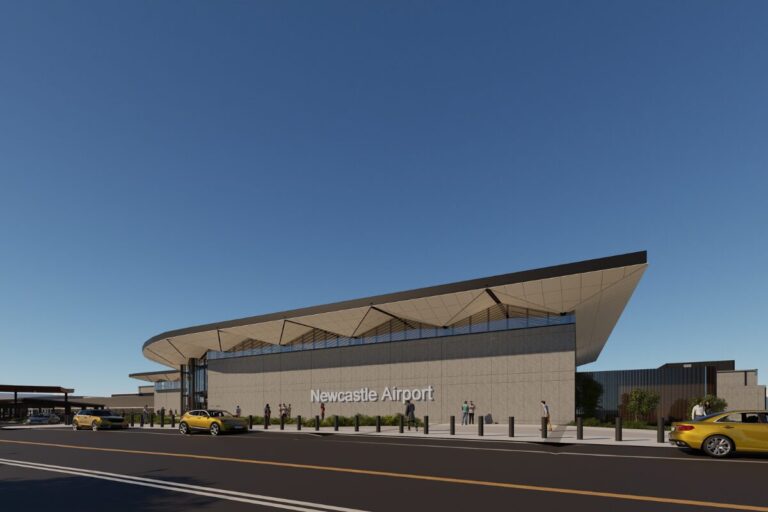Younger generations have embraced mobile technology with such enthusiasm that businesses of all types cater their products and services to be as mobile-friendly as possible.
Ordering pizzas, downloading music, managing finances, making plans with friends; it can all be done on mobile devices with simplicity and ease.
And now it’s time for the medical industry to push innovation further into the mobile world. For young people with busy lives, making time to actually attend appointments or stay up-to-date on health education can be difficult.
We are seeing apps coming out that can assist in the preliminary diagnosis of skin cancers and other diseases. Healthcare professionals are taking a more real-time approach to the way they care for patients. It’s exciting to see how much potential this kind of technology has, and what this means for the future of our community.
Hunter locals are known for our love of the outdoor lifestyle. When you combine this with an average monthly UV index that is classified as moderate in winter and extreme in summer, we need to ensure we are providing health services that reflect the way young people interact and engage with technology. For us that means making sure people are protecting their skin from UV damage.
Of course, mobile technology won’t just be helpful for skin cancers and conditions. Here are the some of the key ways that mobile technology will impact the future of healthcare as a whole:
Early detection – it’s no secret that in most areas of healthcare, prevention and early detection are the best cure. Mobile technology can help to reduce some of the barriers associated with a patient prolonging assessment or treatment of symptoms. App based online record management, self-assessment and reporting are all helping to connect the community and medical professionals.
Education – being able to communicate via mobile technology can help healthcare professionals to educate young people on some of the most common health issues they are likely to face.
Being connected through mobile devices means healthcare professionals can communicate with people quickly, contextually and across multiple platforms.
Collaboration with other healthcare professionals – Ultimately, the goal of any doctor, specialist or other healthcare worker is a positive outcome and a satisfied patient. To help achieve this, healthcare services need to be connected and be able to access information about patients as required. For emergency services, community GPs and physiotherapists, being able to access records quickly and easily from a mobile device can improve the level of care available and reduce inefficiencies.
Like any network of businesses, communication and ease of information flow are crucial to success, which applies equally to both patients and healthcare workers in our region.
For inspiration, we only need to look to other industries where online technology has been effectively integrated into traditional systems, including:
- Banking
- Tourism and accommodation
- News and media
Ongoing monitoring – Many health issues can cause ongoing problems and require regular check-ups and monitoring. After initial consultation, ongoing check-ups, reporting and advice via mobile technology, such as patient monitoring devices, can reduce travel time and costs for patients seeing specialists.
Further investment in mobile technology is destined to revolutionise how patients and healthcare professionals interact and communicate. With more access to data, resources, reporting and virtual assessment, the possibilities are endless to allow us to improve the level of care to our local community.





